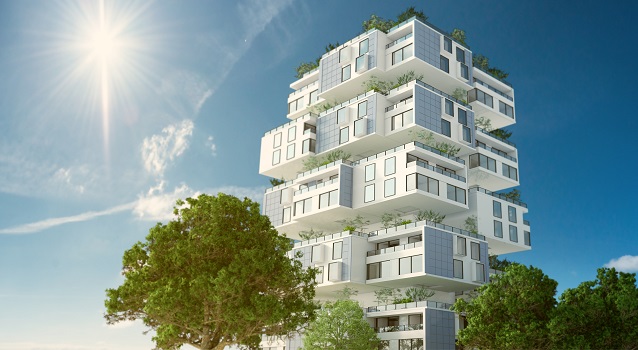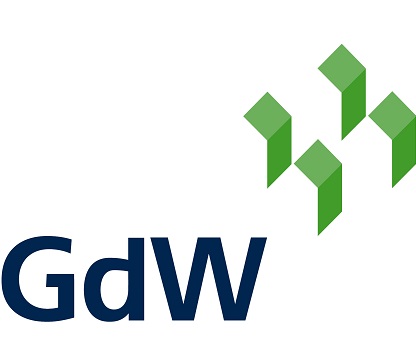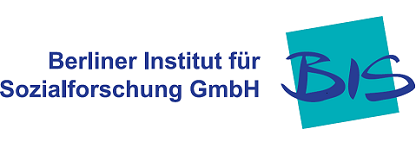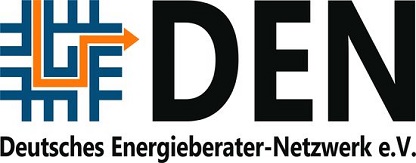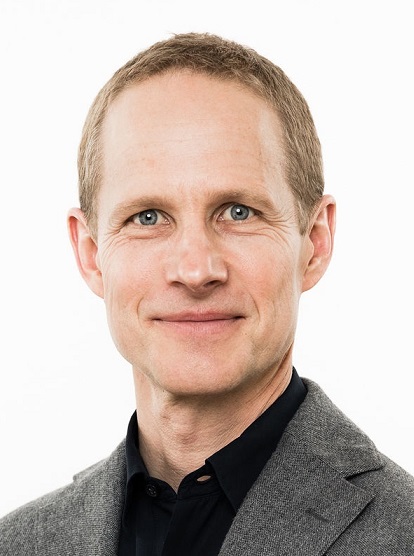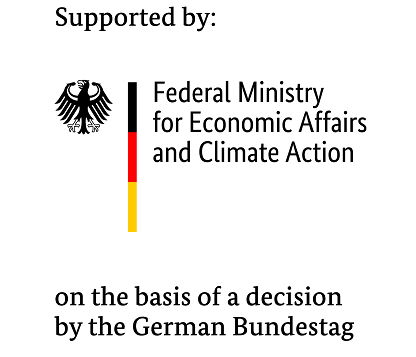Development of diffusion and communication strategies for intelligent building technologies
Intelligent building technologies can significantly reduce energy consumption in residential buildings. This is possible, for example, through demand-driven generation of heat for heating and hot water through building automation.
Third pillar of the energy transition
Alongside structural measures (insulation) and the decarbonization of energy sources (replacing crude oil and natural gas with renewable sources), intelligent building technologies are regarded as the third pillar of the energy transition in the building sector.
It is of great importance for the German climate policy goals in this sector (reduction of greenhouse gases by 66 percent by 2030), because this objective cannot be achieved in the short term by refurbished buildings and renewable energies only.
However, building automation is also an important prerequisite for planning modernization measures. After all, the lower the heating requirement of a building prior to refurbishment, the more efficiently insulation or heat pumps can be matched to it.
Lack of knowledge is the biggest obstacle
Despite many successful application examples, it is clear that there are reservations and obstacles to the use of intelligent building technology. These include, for example
- Fears that the systems are not cost-effective,
- insufficient data protection or the complexity and
- complexity and performance of the product and service offerings.
The DiKoMo project worked with the housing industry and planners to investigate the barriers to the use of building automation. To this end, numerous discussions were held with housing companies, technology providers and planners. At the same time, building automation implementation projects were analyzed in order to learn from successes and obstacles.
The most important finding is that the sluggish use of building automation is caused less by the technology itself than by a lack of knowledge about how it works and how it can be used.
Overcoming the user-investor dilemma
In addition, as with other efficiency measures in rental housing, building automation is subject to the user-investor dilemma. This means that although tenants benefit from increased energy efficiency through building automation, the costs for the technology are mainly borne by the landlords. This means that there are few incentives to make the necessary investments.
Two proposed solutions were developed in the DiKoMo project:
- A guide to building automation that provides interested housing companies and planners with a compact introduction to the terms, functions and areas of application of the technology. A checklist makes it possible to assess whether it is worth getting started with the technology and which steps are important for planning and implementation.
- A policy brief on building automation and energy management aimed at politicians, associations and transfer organizations. It contains proposals for overcoming the user-investor dilemma and for adapting state funding for efficiency measures in the building sector.
The solutions are intended to promote the spread of building automation and thus help digitisation to achieve climate protection targets in the building sector.
The DiKoMo project was carried out jointly by the research partners Borderstep Institute for Innovation and Sustainability and the Berlin Institute for Social Rearch (BIS). Associated partners were also the Bundesverband deutscher Wohnungs- und Immobilienunternehmen (GdW) e.V. and the Deutsche Energieberater-Netzwerk (DEN) e.V. In addition, several housing companies as well as associations and network partners were participating in the project.
